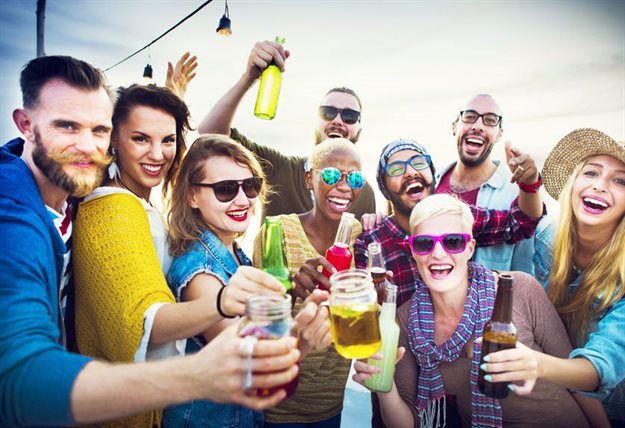
Related





Adoption of latest Nice Classification: What this means for SA trade marks
Marcelle Samons and Alicia van der Walt 8 Jan 2026

Top stories






More news


Marketing & Media
Ads are coming to AI. Does that really have to be such a bad thing?














Despite the Covid-19 Regulations and Protocols in place, it would appear as though these events persisted, accelerating a resurgence in the country’s infection rate.
In videos and images shared on various social media platforms, there seemed to have been total disregard of Covid-19 protocols in some of these events. Interestingly, shortly after some of these gatherings, the attendees tested positive for Covid-19 – e.g. the Ballito Rage Festival was one such 'super-spreader event' where many attendees were reported to have tested positive. On 31 January 2021, it was reported that two attendees knew they had Covid-19 and, subsequently, 848 people at the event tested positive. It then becomes relevant to look at whether there may be any legal recourse for the victims against the organisers.
From the onset, it is critical to highlight that there is no ‘blanket approach’ to the cases, and each matter is decided upon its unique facts. Equally important, consolidation of court cases stemming from the same super-spreader event is possible. Victims of Covid-19 who contracted the virus at these events may have delictual claims against the responsible organisers and/or relevant stakeholders. The success of each case is bound upon its unique facts. The victim will have to prove, on the balance of preponderance, that the wrongful and negligent conduct of the organisers caused him or her harm – health-wise and/or monetary wise. All the above-mentioned elements have well-established legal principles and tests applicable in proving them.
One of the major stumbling blocks in potential legal action relating to Covid-19 has been the inability to trace how the person contracted the virus given the nature of the virus – this makes it almost impossible to prove the factual causal link. In cases of super-spreader events, however, the situation may be slightly favourable to the victims, and the victims may be able to prove the said link with less difficulty. In this regard, the victim may use circumstantial evidence and prove the link on the balance of preponderance. The circumstantial evidence in this instance would consider all the relevant facts and factors such as:
Furthermore, with the contact tracing showing the number of attendees who got infected, this can be part of the circumstantial evidence i.e. the more attendees testing positive, the easier it becomes for the victims to prove the link. These are some of the factors for consideration and the facts of the case will dictate whether there is a need for additional factors.
Lastly, in some cases it may not be justifiable to legally hold organisers solely responsible and, therefore, the victim may need to ‘shoulder’ some blame and, thus, the blameworthiness will be apportioned, accordingly.
Whilst the conduct of the organisers may attract criminal proceedings, in line with the Covid-19 Regulations, and thus be required to pay fines or face imprisonment, the victims may be able to claim for damages from them. The possible heads of damages claimable include:
The applicable head of damages in each case will be informed by the merits of the matter. There may also be claims for loss of support where appropriate.
The festive season may have passed but the legal action may haunt the organisers responsible for the super-spreader events. These events did contribute heavily to the spread of the virus culminating to the second wave and the subsequent stricter restrictions.
These cases, if brought forward, will probably become litigious and therefore may take long to finalise. In some instances, the parties may agree to settle, and this helps shorten the duration of litigation and lessen the legal costs involved. Also, litigation is naturally costly, and most victims may be unable to afford to litigate. To this effect, it is pivotal to enquire as to the options available to fund litigation, especially for those who cannot afford litigation.
Further, the compensation amount will be bound upon the facts of the matter. Those who genuinely believe they may have legal cases must take the necessary steps timeously.